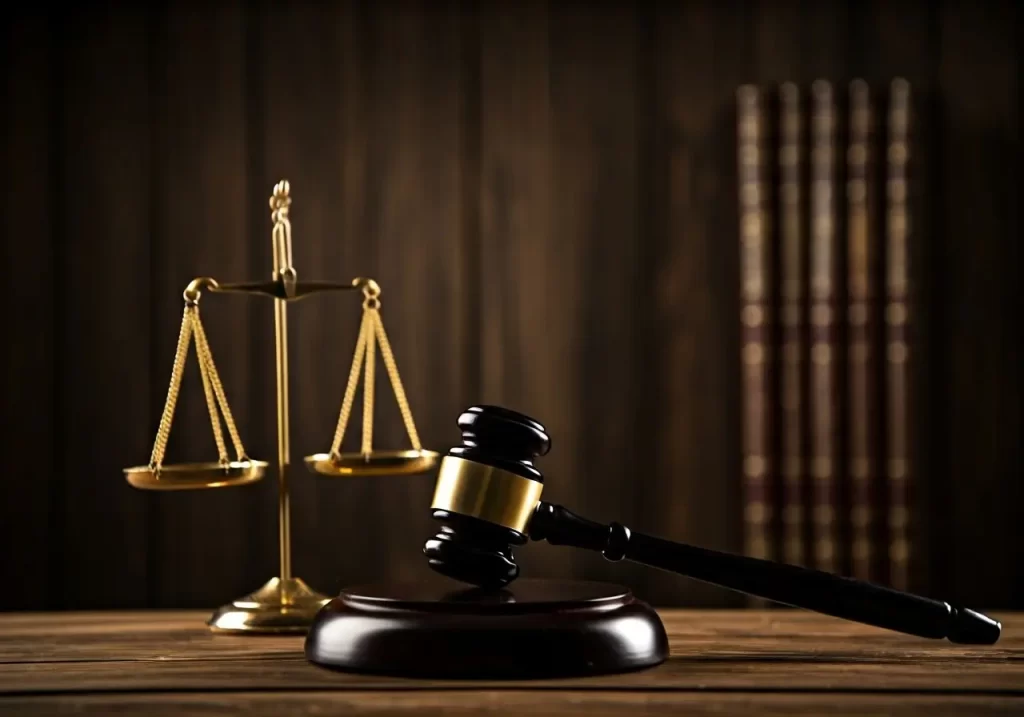In the world of DUI defense, misinformation abounds. Whether you’re facing charges or simply wanting to be informed, it’s crucial to separate fact from fiction. In this blog, we’ll debunk some of the most common myths surrounding DUI defense strategies, giving you the clarity and knowledge you need.
1. Breathalyzer Tests Are Foolproof
Many people believe that a breathalyzer test is the ultimate proof of intoxication, but these machines can sometimes yield inaccurate results due to various factors. For instance, factors such as temperature, radio frequency interference, and even certain medical conditions like GERD can skew the results. The accuracy of the devices can vary, and results are not always reliable. It’s crucial to understand that just because the test shows a certain number, it doesn’t mean it’s beyond questioning. Lawyers often challenge these results by presenting alternative evidence such as blood tests, which can sometimes be more accurate.
Moreover, routine maintenance and calibration are required for breathalyzer devices to function correctly. If the unit hasn’t been serviced properly, the results it provides might be faulty, leading to questions about the validity of the DUI charge itself. Additionally, environmental factors or even the presence of certain radio frequencies can interfere with the device, causing it to give a false reading.
2. You Can’t Fight DUI Charges
Contrary to popular belief, a skilled attorney can develop a strong defense strategy to challenge the charges and potentially reduce penalties. What’s important to remember is that each DUI case is unique, involving specific circumstances that can be scrutinized and questioned. For instance, if there was no probable cause for the traffic stop, any evidence obtained during that stop might be inadmissible in court, leading to the dismissal of the case.
The practice areas within DUI defense are varied, allowing attorneys to choose from a range of strategies. From challenging the accuracy of sobriety tests to questioning the procedures followed by law enforcement, there may be many avenues to explore. This is why having an experienced DUI lawyer is crucial in creating and executing an effective defense strategy.
In some cases, attorneys may identify violations of constitutional rights, such as unlawful searches and seizures, or the failure of law enforcement to follow proper protocol. Addressing these issues effectively could lead to evidence being thrown out, significantly weakening the prosecution’s case.
3. You Have to Take All Sobriety Tests
Field sobriety tests are not mandatory, and knowing your rights can influence how you handle a DUI stop. If an officer asks you to perform a balance test or walk in a straight line, it’s important to know that you can refuse, especially if you think external factors or personal conditions may affect your performance. These tests can be quite subjective and rely heavily on the officer’s interpretation, which is not infallible.
Standardized sobriety tests have limitations, and external factors like weather conditions or an individual’s health—even anxiety—can misrepresent a person’s sobriety level. Therefore, these tests should not be regarded as the ultimate deciding factor in a DUI case.
4. Refusing a Test Guarantees Conviction
Refusing a chemical test has consequences, but it does not guarantee a DUI conviction. Legal advice can guide your next steps. In some states, refusing a breathalyzer can lead to immediate license suspension, but there is also a possibility to contest that suspension in court. Remember, being informed about what refusal means and knowing how it can impact your legal rights is essential.
Contrary to what many might think, refusing a breathalyzer or blood test can sometimes complicate the prosecution’s ability to prove intoxication beyond a reasonable doubt. The absence of test results forces the prosecution to rely more heavily on the observations of police officers and witness testimony, which can be subjective and open to interpretation.
5. First-Time Offenders Are Always Let Go
First offenses can still carry significant penalties and shouldn’t be underestimated or ignored. It’s a common misconception that a first-time DUI charge will be dismissed easily or result in minimal penalties. However, DUI laws are strict. Even first-time offenders can face substantial fines, mandatory education programs, and license suspension.
Some jurisdictions are even known for tough stances on drunk driving cases, no matter the offender’s history. Having a good criminal & DUI lawyer in New Jersey can significantly improve your case’s outcome, ensuring you receive the least amount of penalty possible.
6. A DUI Charge Means Automatic Jail Time
While serious, not every DUI charge results in jail time, especially with effective legal defense and mitigating actions. A skilled attorney can negotiate alternative penalties, such as community service or rehabilitation programs, and in some cases, plea bargains can minimize jail time or eliminate it altogether.
Another effective DUI defense strategy involves demonstrating that the offender poses no threat to public safety, perhaps by presenting evidence of their stable employment or community involvement. These factors can positively influence the court’s decision, potentially resulting in reduced sentencing.
7. You Can Handle a DUI Charge Alone
Attempting to navigate a DUI charge without professional legal help can be risky and typically doesn’t yield the best outcome. DUI law is complex, and without specialized knowledge, you may miss key opportunities to challenge the evidence against you or explore possible defenses.
Legal representation can make a significant difference, as an experienced attorney knows how to scrutinize every aspect of a case, from the reason for the traffic stop to the methods used in testing blood alcohol levels. Hiring a professional can only enhance your chances of a favorable outcome.
8. DUI Charges Are the Same Everywhere
DUI laws vary significantly by state, and understanding the specifics can greatly impact your defense strategy. For instance, penalties, legal thresholds, and procedures can differ depending on the jurisdiction. A move that might be considered adequate in one state could be insufficient in another.
This knowledge makes it crucial to retain a local DUI lawyer who is familiar with the nuances of state law. South Jersey DUI lawyers are particularly versed in handling cases in New Jersey, ensuring that your legal approach aligns with local statutes and court proceedings.
9. A DUI Will Disappear Over Time
DUI charges can remain on your record for many years, affecting aspects of your life without proactive measures. Unlike more minor infractions, a DUI doesn’t just vanish from your record over time. It can have lasting effects on your career, housing, and even social life.
Some states have what’s known as a ‘look-back’ period, meaning your record can impact future legal proceedings if you face similar charges later on. Therefore, addressing a DUI charge thoroughly with legal strategies can help mitigate long-term consequences.
10. Pleading Guilty is Your Best Option
While it might seem like a straightforward solution, pleading guilty can lead to unexpected ramifications. Taking this route might seem appealing due to its simplicity and speed, but it often results in a criminal record that can have long-lasting adverse effects.
Before deciding to plead guilty, consider consulting with a lawyer to understand all your options. Pleading guilty should not be seen as the default choice and might not always be in your best interest considering the possible defenses available to you.
11. Legal Fees Aren’t Worth It
Investing in quality legal representation can result in reduced charges and penalties, outweighing the cost. Though legal fees might seem daunting at first, effective legal counsel can often reduce financial and personal repercussions in the long run, making it a valuable investment.
With the attention to detail that a capable attorney can provide, potential errors in the prosecution’s case can be identified and strategically countered. This thorough approach maximizes your chances of a favorable outcome, demonstrating why legal fees are indeed worth it.
12. All Lawyers Are the Same
Choosing a lawyer with specific DUI experience is crucial for a robust defense and favorable outcome. Not all lawyers have the nuanced understanding that comes with specializing in DUI cases. Their experience and knowledge can play a pivotal role in navigating the legal complexities involved in a DUI charge.
Consider reading testimonials from previous clients to gauge a lawyer’s effectiveness and client satisfaction. A well-regarded attorney within DUI practice areas can be the difference between a conviction and an acquittal, or at the very least, a reduced sentence.


